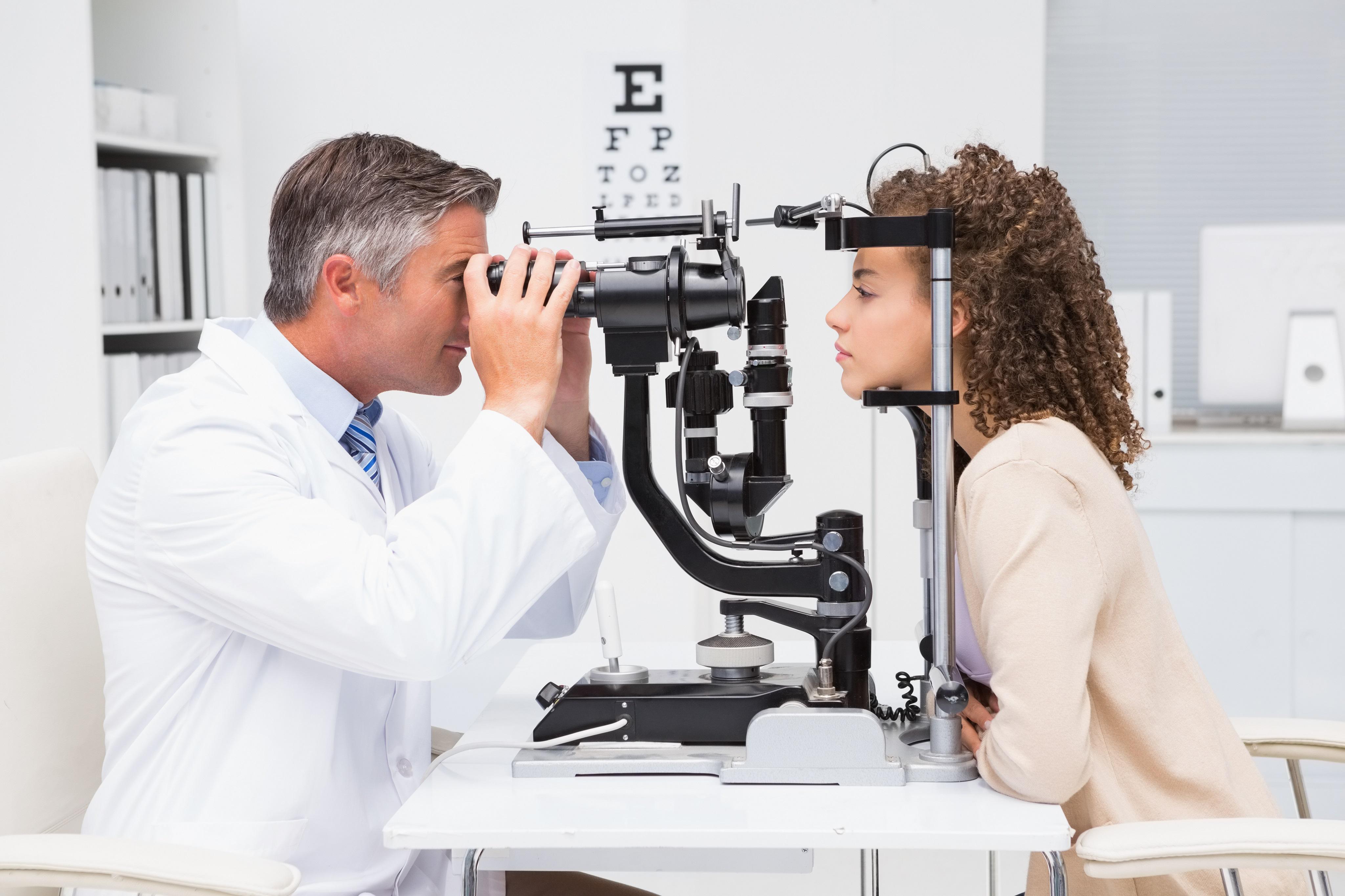Leading Cardiologist Andalusia: Your Companion in Heart Health
Leading Cardiologist Andalusia: Your Companion in Heart Health
Blog Article
Is Refractive Surgery Right for You? Aspects to Think About for Better Eyecare
In the realm of eye care, the choice to undertake refractive surgery is a substantial one that requires thoughtful factor to consider. As people seek clarity and flexibility from the restraints of corrective lenses, various aspects enter into play when identifying the suitability of such a treatment. From the details of one's eye health to the complexities of everyday behaviors and individual assumptions, each aspect holds significance in the wider landscape of refractive surgical treatment candidateship. By examining these crucial elements with treatment and precision, a more clear path towards notified decision-making emerges.
Eye Health Analysis
When thinking about refractive surgical procedure, a detailed eye health and wellness evaluation is essential to assess the viability of the procedure for each individual. eye center andalusia. This examination involves a collection of examinations and examinations performed by an eye treatment specialist to establish the total health of the eyes, the presence of any type of underlying problems, and the stability of the refractive error
Throughout the assessment, numerous aspects are taken into consideration, such as the person's medical background, current eye prescription, corneal density, pupil dimension, and tear movie high quality. These assessments aid to determine any contraindications to refractive surgical treatment, such as corneal abnormalities, cataracts, or unattended eye infections. Additionally, the analysis assists to take care of client assumptions concerning the possible outcomes of the surgical treatment based upon their special eye characteristics.
Eventually, the eye health and wellness analysis is necessary in ensuring the safety and efficiency of refractive surgical treatment, as it gives beneficial understandings into the individual's eye health and wellness standing and aids establish one of the most ideal therapy alternatives for achieving ideal visual results. (eye center andalusia)
Way Of Living Analysis
A detailed way of life assessment is essential in identifying the suitability of refractive surgery for an individual's aesthetic improvement needs. Way of life elements such as occupation, hobbies, and day-to-day tasks play a vital function in the decision-making procedure relating to refractive surgical treatment. For instance, individuals with careers that entail a high degree of physical activity or exposure to ecological components may have different aesthetic demands compared to those with less active workdesk tasks. Recognizing exactly how a person's way of living may influence their vision post-surgery is necessary for handling assumptions and making certain ideal outcomes.
Furthermore, way of life behaviors such as sporting activities involvement, outside activities, or even skincare regimens can affect the healing procedure and total success of refractive surgical procedure. By performing a detailed way of life evaluation, eye care professionals can tailor their suggestions and treatment plans to meet the unique requirements of each patient, inevitably leading to enhanced visual outcomes and contentment.
Assumption Alignment

Establishing sensible expectations involves comprehensive pre-operative conversations in between the client and the ophthalmologist. The doctor ought to transparently communicate the possible dangers, benefits, and restrictions of the procedure (cardiologist andalusia). Patients require to comprehend that while several individuals achieve 20/20 vision or much better following refractive surgical procedure, some may still need glasses for particular tasks like analysis or driving at night. Managing these expectations assists protect against frustration and dissatisfaction post-surgery, causing a more favorable overall experience for the individual.
Danger Evaluation

Factors that may enhance the danger of complications consist of age, certain medical problems like autoimmune diseases, unsteady vision prescription, slim corneas, and unrealistic person expectations. Furthermore, picking a competent and seasoned surgeon, adhering to pre and post-operative care directions faithfully, and divulging any appropriate clinical background can aid mitigate threats.
To reduce the probability of difficulties, eye doctors conduct extensive pre-operative examinations to recognize any kind of contraindications to surgical procedure. They likewise review the possible threats and advantages with people throughout the consultation process. By participating in open communication and shared decision-making, both the individual and the ophthalmologist can work together to identify if refractive surgical treatment is the best option based on individual risk accounts and wanted end results.
Appointment Relevance
Taking into consideration the important function of educated decision-making in analyzing threats and prospective problems in refractive surgical treatment, the assessment process holds substantial value in leading people in find more the direction of ideal outcomes. Throughout the examination, the ophthalmologist evaluates the individual's eye wellness, refractive errors, and overall viability for surgical treatment. This initial analysis is critical in figuring out the most ideal procedure for each and every individual, taking into account variables such as corneal thickness, student size, and existing eye conditions.
Additionally, the assessment functions as a possibility for individuals to discuss their assumptions, concerns, and any kind of questions they might have concerning the surgical procedure. Clear interaction in between the person and the specialist is vital to make sure sensible expectations and an extensive understanding of the prospective threats and advantages involved.
In addition, the appointment enables the surgeon to describe the various surgical choices readily available, their respective results, and the post-operative treatment required. This comprehensive discussion encourages patients to make well-informed choices concerning their eye treatment, resulting in much better contentment and results post-surgery.
Verdict
Finally, individuals thinking about refractive surgical procedure should undergo a detailed eye wellness analysis, assess their way of life routines, straighten their assumptions with possible outcomes, analyze the involved dangers, and prioritize examinations with eye treatment specialists. These variables play an essential function in identifying the suitability of refractive surgical treatment for every individual, making sure optimum end results and contentment with the treatment.
People taking into consideration refractive surgical procedure commonly have high assumptions concerning the results, anticipating ideal vision without the need for glasses or contact lenses. While refractive surgery can substantially boost vision and minimize reliance on visual help, it is crucial for patients to recognize that outcomes may differ based on specific elements such as the degree of refractive mistake, corneal thickness, and total eye wellness.
By engaging in open communication and shared decision-making, both the ophthalmologist and the person can function together to establish if refractive surgical procedure is the ideal option based on specific danger profiles and wanted outcomes.
Taking into consideration the important role of educated decision-making in analyzing risks and possible problems in refractive surgical procedure, the appointment process holds substantial value in guiding individuals towards ideal outcomes. During the appointment, the ophthalmologist reviews the client's eye wellness, refractive errors, and overall viability for surgery.
Report this page